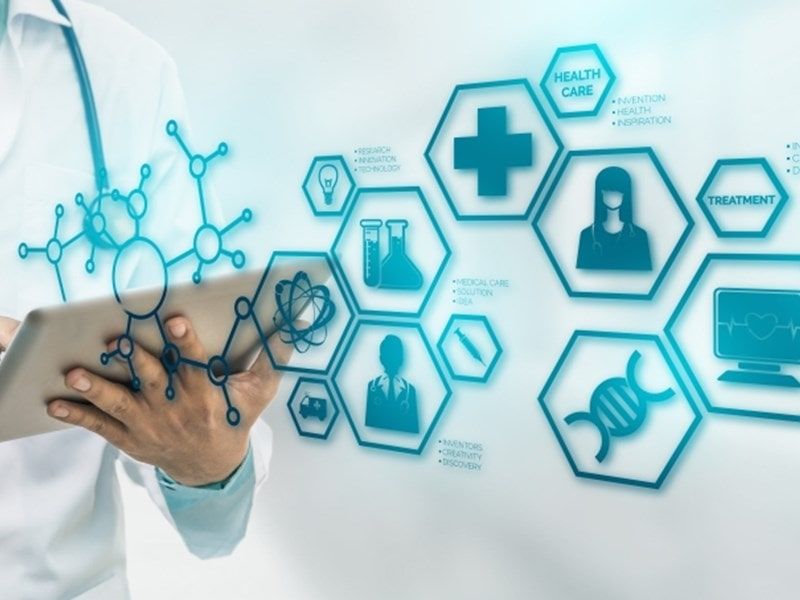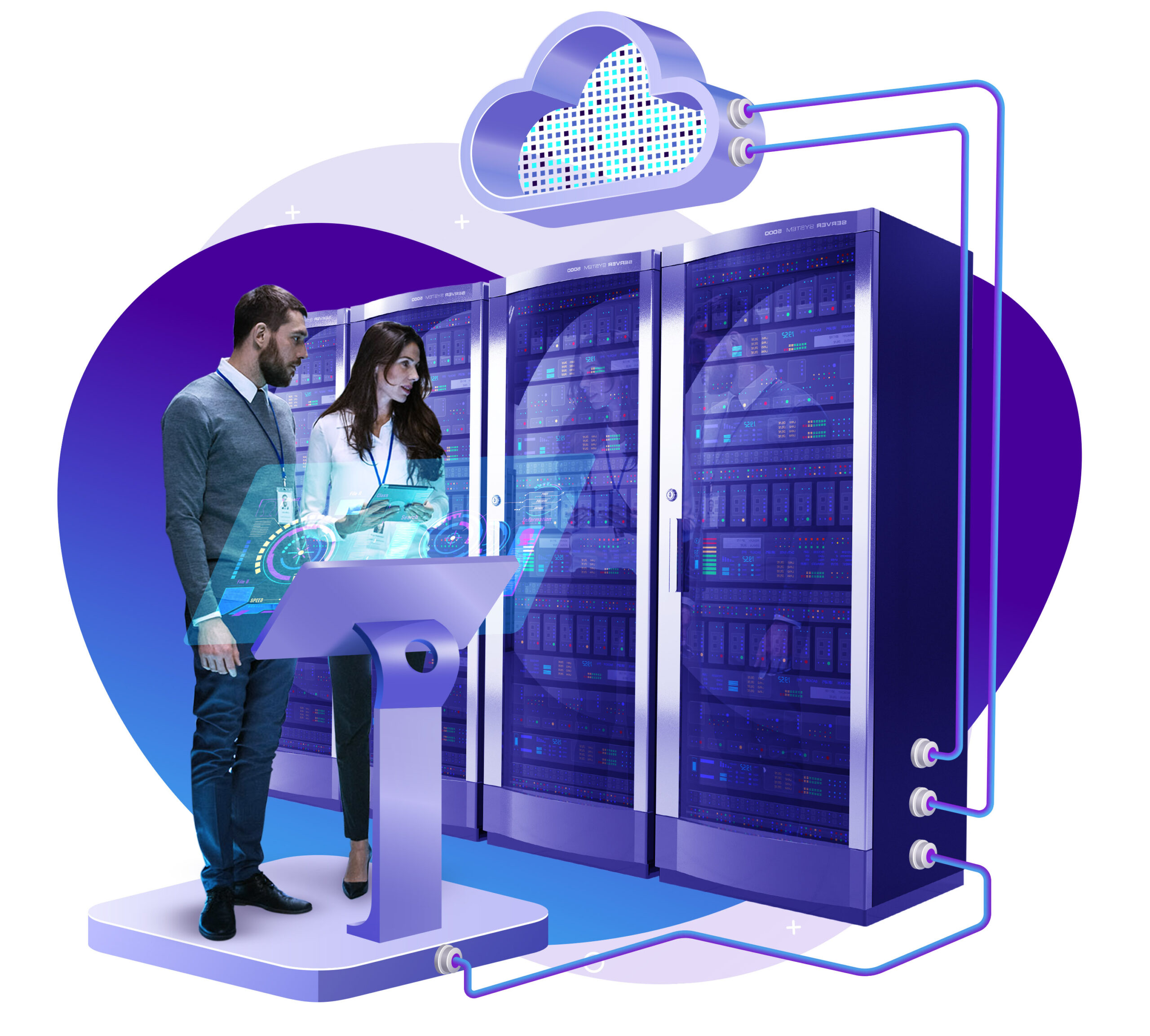Introduction
In the ever-evolving world of healthcare, the role of technology cannot be underestimated. Gone are the days of paper-based patient records, endless queues, and a seemingly insurmountable administrative workload. Today, the buzzword in healthcare is “efficiency,” and the driving force behind this transformation is Hospital Management Software.
All in all, what is medical clinic board programming, and how can it shape the cutting edge medical services scene? Go along with us on an excursion through the perplexing snare of medical services the board, where we’ll investigate how innovation is reforming how medical services are conveyed and made due. Be that as it may, simply sit back and relax, we’ll downplay the tech language, and you won’t require a practitioner’s training to explore this intriguing world.
Hospital Management Software: The Digital Backbone
Imagine hospital management software as the beating heart of a healthcare institution. It’s the central hub where all the data, operations, and resources come together to ensure seamless patient care. With the help of intuitive interfaces and user-friendly features, hospital staff can schedule appointments, manage patient records, and even streamline billing processes with ease.
1. The Benefits of Hospital Management Software
One of the most remarkable aspects of hospital management software is its ability to improve the patient experience. No more lost records or endless waiting. With this technology, appointments are made efficiently, records are maintained accurately, and patients can access their information and test results online. It’s like having a personal healthcare assistant at your fingertips.
2. The Administrative Symphony
Let’s face it; healthcare administration can be a complex and time-consuming task. Hospital management software acts as the conductor of this administrative symphony. It helps manage everything from appointment scheduling and patient admissions to billing and inventory management. The result? Reduced administrative burden, increased accuracy, and more time for what really matters – patient care.
3. Doctor, Meet Technology
The reception of emergency clinic executives programming isn’t restricted to authoritative assignments. Indeed, even specialists are receiving the rewards. Electronic wellbeing records (EHR) are coordinated into the framework, permitting doctors to get to patient narratives, prescriptions, and test results with a tick. This recovery time as well as can be a lifeline in crises.
Time for a Bit of Humor
Presently, while the coordination of innovation into medical services is without a doubt serious business, we can’t avoid including a bit of humor. All things considered, even the most devoted specialists and medical caretakers need a decent chuckle. Picture this: a specialist attempting to translate untidy transcribed remedies – a scene that is becoming more uncommon thanks to the clarity of computerized records. It’s a solution for chuckling, couldn’t you concur?
1. Data Security: The Fort Knox of Healthcare
The digitalization of medical services accompanies its own arrangement of difficulties, and maybe the most essential one is information security. Patient records are delicate, and safeguarding them from digital dangers is a main concern. Emergency clinic the executives programming integrates vigorous safety efforts to guarantee that patient information stays classified and secure. It resembles having a computerized fortification around your clinical data.
2. Unlocking the Potential
The adoption of the Hospital Information System is a testament to the healthcare industry’s commitment to progress. It’s about unlocking the potential for better patient care, smoother operations, and more efficient healthcare delivery. The modern hospital is no longer a labyrinth of paperwork and confusion; it’s a well-oiled machine where every component works in harmony.
Bold Moves and Bright Futures
Just as every chapter in the book of healthcare had its challenges, so does the digital transformation. But as we navigate these uncharted waters, it’s essential to remember that progress often requires bold moves. It’s about embracing change and understanding that the future of healthcare is one where technology is a key ally.
The Path Forward
The journey toward a more efficient and patient-centric healthcare system continues. As we embrace hospital management software, the path forward holds the promise of further innovations. Man-made reasoning, telemedicine, and wearable wellbeing tech are not too far off, prepared to reshape the medical care scene.
1. The Importance of Training
To fully realize the potential of hospital management software, adequate training is essential. Medical services experts need to become capable in using these devices to guarantee consistent joining into their day to day work processes. It’s an interest in store for medical services and, eventually, in the prosperity of patients.
2. A Dose of Humor
In the spirit of maintaining a sense of humor, imagine a world where appointments with doctors are scheduled through carrier pigeons, and patient records are stored on stone tablets. The efficiency we take for granted today would seem like a distant dream. Hospital management software has brought us closer to that dream, and it’s something to celebrate.
3. A Healthy Partnership
The collaboration between healthcare and technology is akin to a well-matched partnership. It’s the combination of human ability and advanced accuracy, working connected at the hip to guarantee the most ideal consideration for patients. Clinic the executives programming overcomes any issues, making a biological system where medical services experts can zero in on conveying quality consideration while innovation deals with the authoritative burden.
4. Innovation Beckons
The scene of medical care is consistently developing, and advancement is the main thrust. From electronic wellbeing records (EHRs) to telemedicine and versatile wellbeing applications, innovation is opening up new roads for patient commitment and medical care conveyance. Clinic the board programming is only one piece of the riddle, and its job in the terrific plan of medical services change is evident.
5. A Toast to the Future
We should raise a virtual toast to the fate of medical services, where emergency clinic the board programming is an impetus for change. In the realm of medical care, change can be overwhelming, but at the same time it’s brimming with potential. As innovation keeps on advancing, the opportunities for working on quiet consideration and improving the medical care experience are boundless.
Conclusion: The Future of Healthcare
As we wrap up our journey through the world of hospital management software, one thing is clear: technology is transforming the healthcare landscape. The modern patient experience is more convenient, efficient, and secure, thanks to these digital innovations.
So, whether you’re a healthcare professional navigating this new terrain or a patient benefiting from these advancements, you’re part of a healthcare revolution. And who knows, one day we might look back and share a laugh about the “good old days” of paper records and handwritten prescriptions.





